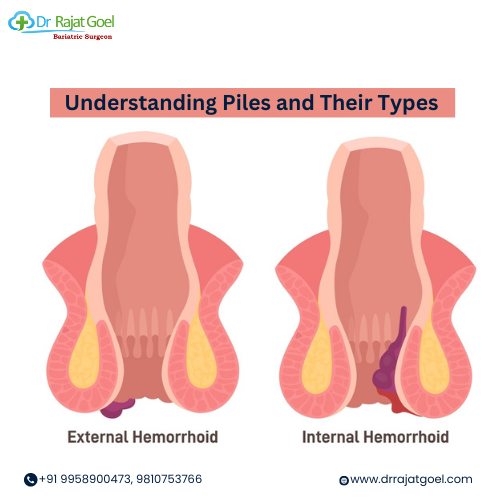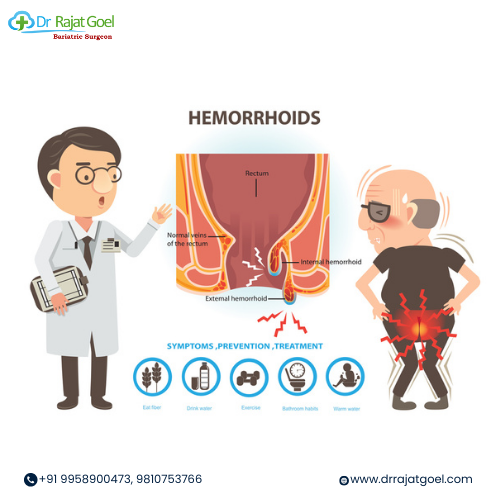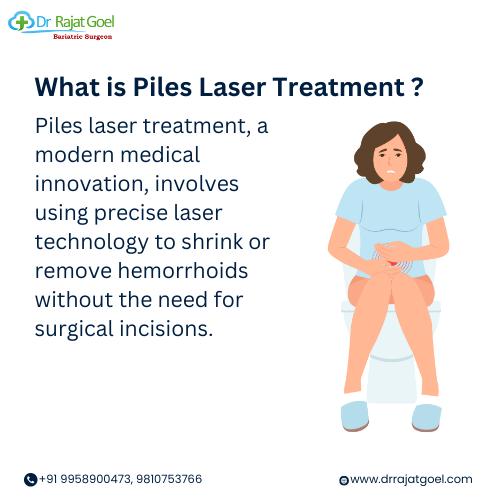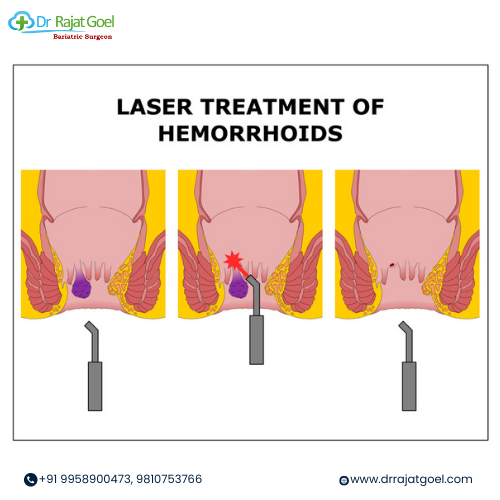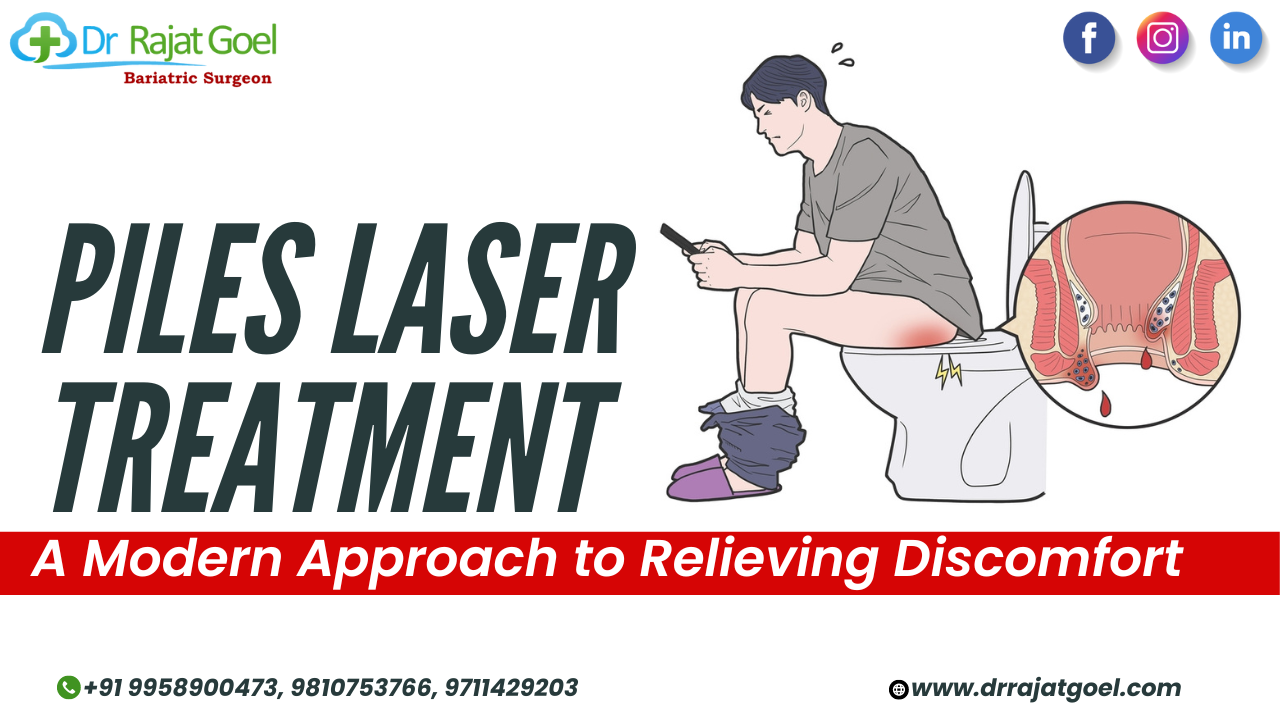
Piles, also known as hemorrhoids, affect millions globally, causing discomfort and often embarrassment. They come in various forms, ranging from mild irritation to severe bleeding and pain. Understanding the available treatments, particularly the revolutionary approach of laser treatment, is crucial for those seeking relief.
Understanding Piles and Their Types
Internal and External Piles
Piles can manifest internally within the rectum or externally around the anus. While internal piles are usually painless but can lead to bleeding, external piles may cause significant discomfort and pain.
Causes and Symptoms
Factors like constipation, pregnancy, or prolonged sitting can contribute to the development of piles. Symptoms include itching, bleeding, pain during bowel movements, and a feeling of discomfort in the anal region.
Conventional Treatments for Piles
Medications and Home Remedies
Traditional treatments often involve the use of creams, suppositories, or adopting dietary changes to alleviate symptoms. However, these methods might not offer long-term relief.
Limitations and Challenges
While medications and lifestyle changes can provide temporary relief, they often fail to address the root cause of piles, leading to recurring issues.
Evolution of Laser Treatment for Piles
What Is Piles Laser Treatment ?
Piles laser treatment, a modern medical innovation, involves using precise laser technology to shrink or remove hemorrhoids without the need for surgical incisions.
How Does Laser Treatment Work?
Laser energy is targeted at the affected area, causing the blood vessels to shrink and the hemorrhoids to wither away. This method is minimally invasive and ensures quicker recovery.
Advantages Over Conventional Methods
Compared to conventional treatments, laser therapy offers minimal discomfort, faster recovery times, and reduced chances of recurrence.
The Procedure of Piles Laser Treatment
Pre-Treatment Preparation
Patients are advised to maintain a balanced diet, stay hydrated, and avoid certain medications before the procedure.
The Treatment Process
During the treatment, the patient is positioned comfortably as the doctor precisely administers the laser energy to the affected area.
Recovery and Post-Treatment Care
Recovery after laser treatment is generally quicker, with minimal discomfort. Post-treatment care involves following specific instructions from the healthcare provider.
Effectiveness and Success Rates
Studies have shown promising results with piles laser treatment, exhibiting high success rates and lower chances of complications.
Addressing Concerns and Risks
While generally safe, laser treatment for piles may carry minimal risks such as mild discomfort, temporary bleeding, or infection.
Lifestyle Changes for Preventing Piles
Adopting a fiber-rich diet, staying hydrated, regular exercise, and avoiding prolonged sitting can significantly reduce the chances of developing piles.
Conclusion
Piles laser treatment represents a significant advancement in providing effective and minimally invasive relief for hemorrhoids. Its precision, quicker recovery, and reduced recurrence rates make it a promising option for those seeking long-term relief from the discomfort caused by piles.
FAQs
Is piles laser treatment painful ?
- Laser treatment is generally well-tolerated and causes minimal discomfort during and after the procedure.
How long does it take to recover from piles laser treatment ?
- Recovery times vary but are typically faster compared to traditional surgery, usually within a few days to a week.
Are there any side effects of piles laser treatment ?
- Minor side effects like mild discomfort or temporary bleeding may occur but are usually short-lived.
Can piles recur after laser treatment ?
- While rare, there’s a possibility of recurrence. However, the chances are significantly lower compared to conventional treatments.
Is piles laser treatment suitable for all types of hemorrhoids ?
- Laser treatment can effectively address many types of hemorrhoids, but the suitability depends on individual cases and the doctor’s recommendation.
